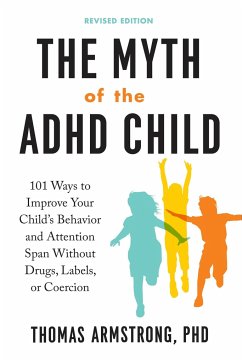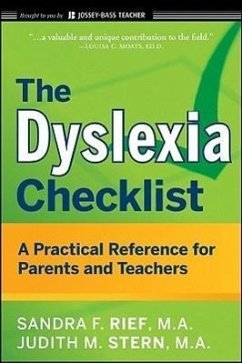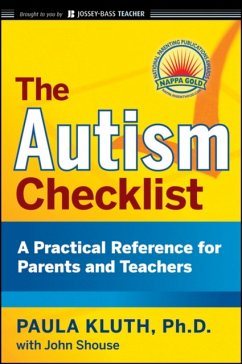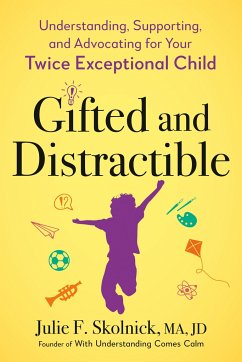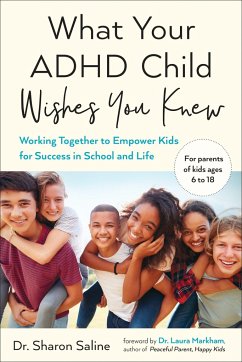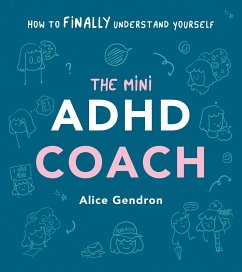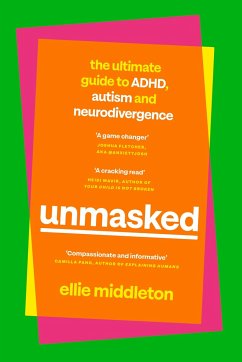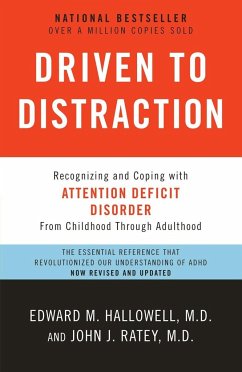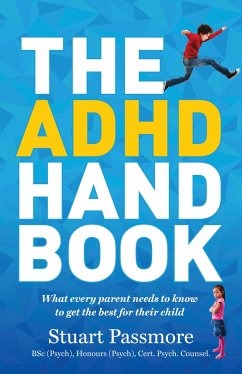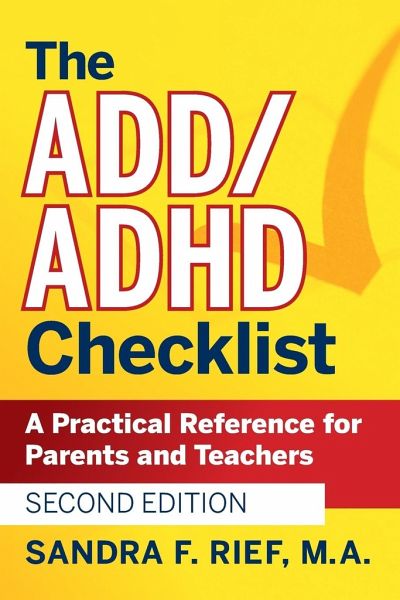
The Add / ADHD Checklist
A Practical Reference for Parents and Teachers
Versandkostenfrei!
Versandfertig in über 4 Wochen
15,99 €
inkl. MwSt.
Weitere Ausgaben:

PAYBACK Punkte
8 °P sammeln!
The bestselling guide, fully revised and updated, offering practical information and tips to help every child with ADHD succeed The ADD/ADHD Checklist helps parents and teachers to better understand children and teenagers with attention problems and provide the kind of support and intervention that is crucial to kids' success.




